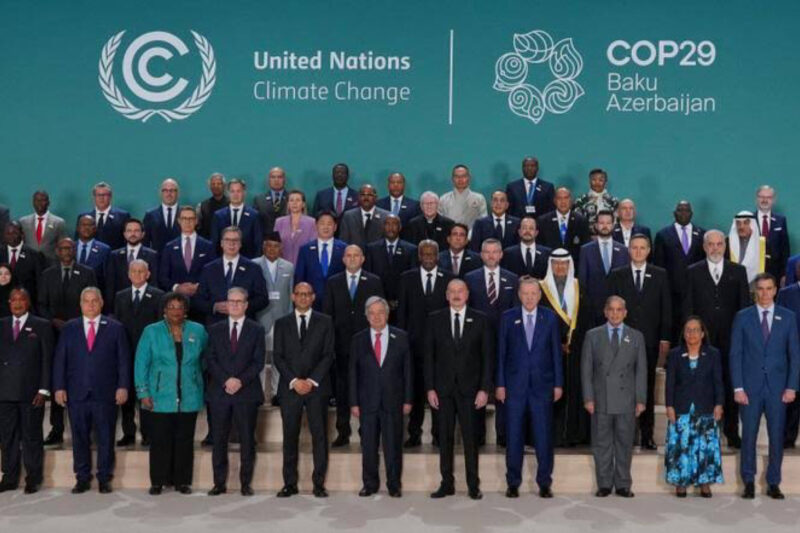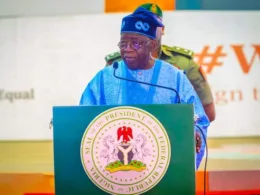Global Climate Deal Draws Criticism From Developing Nations
A contentious climate agreement was reached early Sunday morning in Baku, Azerbaijan, following two weeks of intense negotiations involving nearly 200 countries. However, the $300 billion annual funding pledge from wealthy nations was met with scorn from poorer countries, which argued that the amount is grossly inadequate given the escalating climate crisis.
During the negotiations, representatives grappled with deep-rooted disputes concerning financial commitments from industrialized countries—historically responsible for the bulk of global greenhouse gas emissions—toward nations that have contributed least to climate change but face its direst consequences.
“The proposed funding is alarmingly insufficient. It’s a mere drop in the bucket,” remarked Indian delegate Chandni Raina. She dismissed the agreement as “an optical illusion,” emphasizing that it does not come close to addressing the significant challenges posed by climate change.
The pact promises developed nations will allocate at least $300 billion annually by 2035 to assist developing regions in upgrading their economies and preparing for more severe climate-related disasters. This figure represents an increase from the current $100 billion commitment but was nonetheless branded as “offensively low” by developing nations, which had advocated for a minimum of $500 billion to bolster their resilience to climate impacts and reduce emissions.
“This COP has been a disaster for developing nations,” stated Mohamed Adow, director of Power Shift Africa, a think tank based in Kenya. “It is a betrayal of both the planet and its people by wealthier countries that profess to take climate change seriously.”
EU climate envoy Wopke Hoekstra asserted that the conference would mark “the beginning of a new era for climate finance.” Yet, hours before the agreement was finalized, tensions ran high, with representatives from developing countries threatening to abandon the talks unless a more substantial financial commitment was made.
UN climate chief Simon Stiell acknowledged the agreement’s shortcomings, stating, “No country received everything it sought, and we leave Baku with considerable work ahead. This is not a time for celebration,” he emphasized.
In a bid to encourage contributions from newly affluent emerging economies, including China—the top global emitter—the final agreement expresses a desire for developing nations to provide voluntary financial support. However, this stipulation does not change China’s current stance on climate finance, which it manages independently.
Wealthier nations defended the agreement, arguing that expecting more direct government funding is politically impractical. The sense of urgency remains, however, as the pressures of climate change continue to escalate for the world’s most vulnerable populations.










Join our Channel...